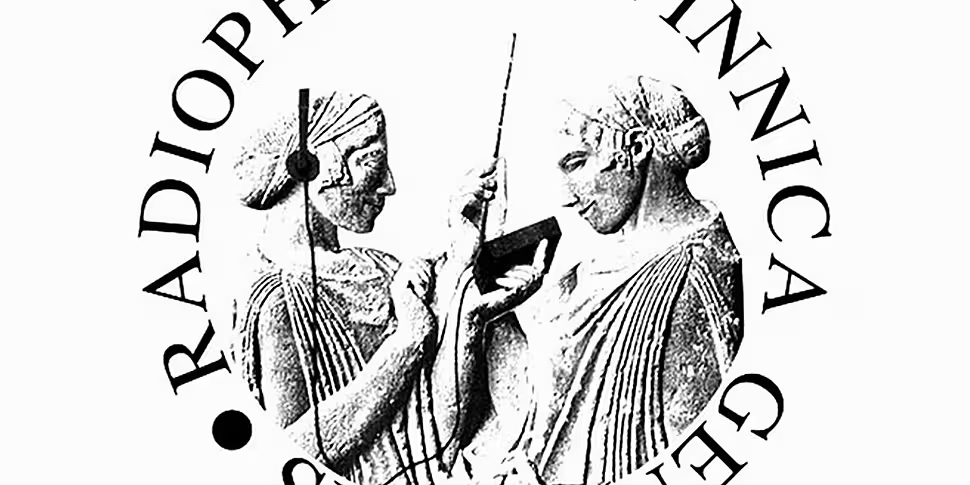More than 50 years ago, after the Second Vatican Council came to its conclusion, Catholic Masses were first celebrated in the vernacular around the world. Here in Ireland, the very first took place on March 7th, 1965, heralding decades of change that would fundamentally change the way in which Catholic dogma has come to engage the population – by ensuring, first and foremost, that the people in attendance could actually understand what was being said.
On this evening’s The Right Hook, George will be recalling the religious aspect of his youth, along with the pomp and piety of the old Latin Tridentine Mass, when he talks to Kieron Wood, a barrister and the former religious affairs correspondent for RTÉ. Tune in live today at 6pm: http://www.newstalk.com/player/
In 1965, Archbishop John Charles McQuaid was, according to the journalist Brian Maye, reluctant to bring in the changes and say a farewell to the Latin language and culture he so loved. And indeed, the status of Latin in contemporary Ireland is significantly different from how it was perceived 50 years ago. With fewer and fewer schools offering it as a subject, the days of dative verb drills and ablative annunciations having an impact on our lives might seem a thing of the past. Not so in Finland, though, where they’re broadcast across the country’s radio airwaves during a primetime slot on Friday evenings.

Tuomo Pekkanen, Virpi Seppälä-Pekkanen and Reijo Pitkäranta of the Nuntii Latini team [Yle]
Since 1989, Finland’s national broadcaster Yle has been producing and distributing the world’s first news bulletin entirely in Latin. 75,000 Finns tune in every week to Nuntii Lantini, a four-minute round-up of the biggest news stories in the world, with the podcast then downloaded in more than 60 countries around the world.
The quirky news report has become a point of pride for Finland’s Latin speakers, a growing community of language scholars in a country renowned as having the best education systems in the world. In 2006, when acting as president of the European Union, the country’s website offered an official email rounding up the news in English, French and Latin. To everyone’s surprise, the number of requests for the Latin version was above that for the French.
The biggest challenge facing the team that puts together the broadcast every week is coining new words for technological concepts that would have been comprehensible for Romans in Latin. The results are often longwinded mouthfuls that leave even Latin lovers scratching their heads, while others are delightfully simple. Case in point, according to Nuntii Latini, Caesar would have understood we meant the International Space Station when we casually dropped Astropolis into conversation while pointing excitedly to the sky.Every week, just before the main evening news in read in the vernacular, Nuntii Latini goes through five or six of the biggest news stories, covering the international and typically ending with something cultural. The news does reflect a Finnish view of the world, despite the fact that Finnish has had very little influence from Latin or Romance languages.
The broadcast has given new life to what has long been considered a dead language, even generating a rival; Radio Bremen, in Germany, has been producing its own Latin news programme since 2001, with fastidious German fans often emailing the Nuntii Latini production to team to take them to task for a grammatical faux pas or a mispronunciation.
The biggest complaint Yle gets, according to its producer Prof Tuomo Pekkanen, is that the broadcast is too short, though he maintains that it’s sufficient. The work that goes into producing the show and picking which news stories to cover make it a considerable exercise.
And if it seems odd that the Finnish national broadcaster is funding the unusual bulletin in a language most of the world believes is dying out, Prof Pekkanen is upbeat and practical, telling the BBC: “In Latin we have more listeners in the world than for Finnish broadcasts. Latin is more known abroad than Finnish.”









